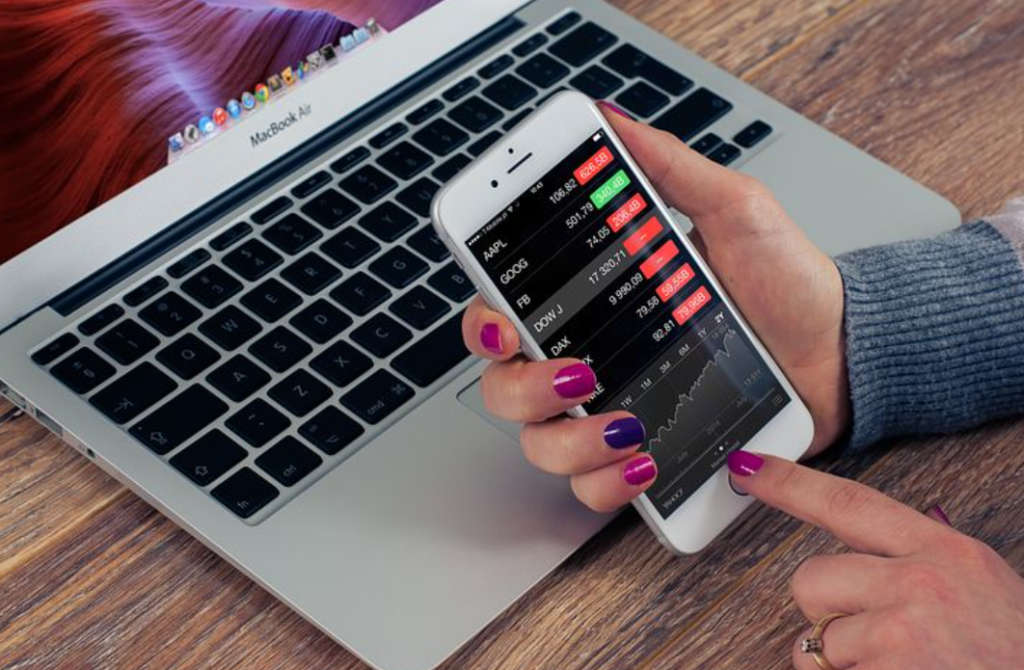Table of Contents
In the world of financial markets, much has been said in recent months about the so-called ‘democratisation’ of finance. With the proliferation of trading platforms and investment vehicles that require virtually no previous experience or buy-in, it seems like everyone is now able to access the markets and trade stocks without any of the barriers that previously kept all but the financial elite from participating.
What is absolutely clear is that millennials, a group that only a few years ago did not participate in financial trading at all, now appear to be doing so at record levels. However, there is considerable debate as to whether these new trends represent a true redistribution of the bounties of the stock market, or whether Wall Street is still the only winner. Let’s dive in to try and determine whether we are truly experiencing democratisation of finance, or whether it’s all smoke and mirrors.
A Digital Revolution
One of the most significant developments in recent financial history has been the proliferation of digital stockbrokers. These allow anyone on Earth to simply create an online account and begin trading real stocks, equities, and bonds in the same way that a Wall Street or London City banker would do. Just a quick look at the best and most popular trading platforms in the UK right now reveals a huge list of digital brokerages approved by the Financial Conduct Authority. These include; eToro, FXCM, and Libertex, which allow anyone to participate in the markets.

Oftentimes, all you have to do is create a password and sometimes pay a minimal brokerage fee amounting to a few pounds. While this isn’t the first time that fintech has paved the way for greater public participation in the markets, it is certainly the most high-impact. For example, the advent of fractional trading allowed people to invest in the world’s biggest companies, even if they did not have thousands of pounds lying around to buy shares with.
People in the UK, US, and other affluent countries are investing more than at any time in decades, thanks largely to the ease of investing offered by these platforms. People are now able to execute trades in a matter of seconds via their smartphone, without having to go through layers of brokers and advisors. What is certainly clear is that it is no longer only a moneyed elite that is able to invest in financial markets and attempt to buttress their financial security.
Does the House Always Win?
That being said, it is important not to overstate the impact of easy trading technology. Institutional investors such as Blackrock and Goldman Sachs still make up the vast majority of stock ownership and investments, meaning that individual investors still have a long way to go. In addition, the recent GameStop debacle, in which trading apps pulled the plug to prevent small investors from propping up GameStop’s stock price, while the SEC began investigating investor forums on Reddit, shows that the big players are still wary of letting small investors play a big role in the markets.
In addition, it is clear that smaller investors could be empowered with more information on the risks of investing. Recent developments have shown that small investors are not an overly cautious bunch and will happily prop up an asset bubble if they think they see the opportunity to make a few quick bucks out of it. If smaller investors become as risk-averse, and begin to take the more measured approaches seen by institutional investors, the tables may begin to turn.

All in all, while it is clear that access to financial markets is easier for laypeople than ever before, we are not yet in a financial democracy. Large investors still hold too many of the cards and are able to avoid carrying the same risks that individual investors have to bear. Although this looks like it may change over time, it remains to be seen whether this trend of democratisation will continue to its logical conclusion.
Author Profile

- Guest Blogger & Outreach Expert - Interested in Writing Blogs, Articles in Business Niche | News Journalist By Profession in the United Kingdom
Latest entries
 BusinessFebruary 17, 2026Why Online Shops Need a Fulfilment Centre?
BusinessFebruary 17, 2026Why Online Shops Need a Fulfilment Centre? LawJanuary 9, 2026Emily Windsor On The Judgment Calls Barristers Make Daily
LawJanuary 9, 2026Emily Windsor On The Judgment Calls Barristers Make Daily TravelJanuary 7, 2026Key Considerations When Installing Temporary Barriers for Roadworks
TravelJanuary 7, 2026Key Considerations When Installing Temporary Barriers for Roadworks BusinessNovember 21, 2025A Practical Guide to Using LMS Platforms for Better Onboarding
BusinessNovember 21, 2025A Practical Guide to Using LMS Platforms for Better Onboarding





